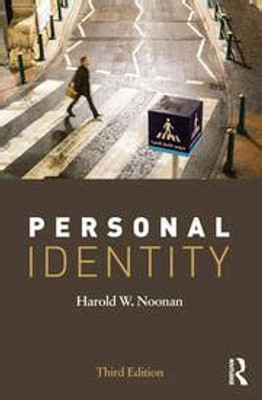Personal Identity: Volume 22, Part 2(English, Electronic book text, unknown)
Quick Overview
Product Price Comparison
What is a person? What makes me the same person today that I was yesterday or will be tomorrow? Philosophers have long pondered these questions. In Plato's Symposium, Socrates observed that all of us are constantly undergoing change: we experience physical changes to our bodies, as well as changes in our 'manners, customs, opinions, desires, pleasures, pains, [and] fears'. Aristotle theorized that there must be some underlying 'substratum' that remains the same even as we undergo these changes. John Locke rejected Aristotle's view and reformulated the problem of personal identity in his own way: is a person a physical organism that persists through time, or is a person identified by the persistence of psychological states, by memory? These essays - written by prominent philosophers and legal and economic theorists - offer valuable insights into the nature of personal identity and its implications for morality and public policy.


